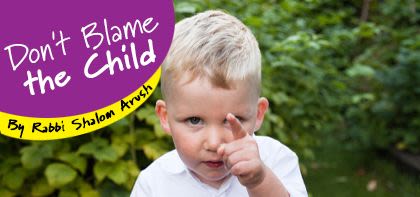
Don’t Blame the Child
In reality, the parent owes an apology to the child. The least he or she can do is to do teshuva, commit to daily personal prayer, and try to rectify and improve...

Rabbi Eliezer Papu, the famed “Pele Yoetz”, appeals to all those who heed him – men and women – to strengthen themselves in personal holiness, for it saves them from doing damage to themselves by bringing the type of children into the world who will cause them continual anguish.
A father complains, “Why doesn’t my son want to learn Torah or pray?”
Another parent gazes up at the Heavens and asks, “What did I do to deserve such a hyperactive child who can’t get through the day without medications?”
A mother asks, “Why doesn’t my daughter want to dress modestly? What has gotten into her?”
Such parents should only complain to and about themselves without saying a word of rebuke or criticism to the child. In reality, the parent owes an apology to the child. The least he or she can do is to do teshuva, commit to daily personal prayer, and try to rectify and improve.
The “Pele Yoetz” goes a step further: he accuses those parents who fail to follow the ways of holiness in 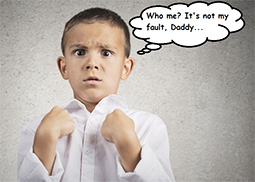 marital relations of utter cruelty, even worse than slaughtering their own children! Since the child’s foundation is faulty, he has little chance of avoiding so much anguish in life of every shape and form. Nothing could be a greater injustice.
marital relations of utter cruelty, even worse than slaughtering their own children! Since the child’s foundation is faulty, he has little chance of avoiding so much anguish in life of every shape and form. Nothing could be a greater injustice.
The book “Vayaged Yaacov” in the Torah portion of Kedoshim tells a profound story: a man came to a great tzaddik and complained that his son didn’t properly fulfill the commandment of honoring his father. The tzaddik answered that the author of the Shulchan Oruch, Rabbi Yosef Caro osb”m, arranged the laws of modesty in marital relations of Chapter 240 of the first section of Shulchan Oruch, Orach Chaim. He arranged the laws of honoring one’s parents in Chapter 240 of the second section of Shulchan Oruch, Yora Deah. The one set of laws corresponds to the other set of laws. So, if a father does not observe everything that’s written in Chapter 240 of Orach Chaim, his son won’t observe everything that’s written in Chapter 240 of Yora Deah. Understand this well!
“Vayaged Yaacov” also cites an explanation that Rebbe Yissachar Dov of Belz osb”m gives, on a passage from “Parshat Teshuva” that says, “And you shall return to Hashem and heed His voice…you and your children”; the “you” here refers to all of the Jewish People, fathers and sons. So why does the Torah say afterwards, “you and your children”? The Belzer Rov explains that fathers must do teshuva for the misdeeds of their sons, because the fathers caused the sons to be that way (because of blemished holiness at the time of conception).
The “Chidushei Harim” of Gur osb”m asks what the Prophet Malachi is talking about when he says in Chapter 3:24, “And he will return the hearts of sons to their fathers”, in other words, at the end of days, Eliyahu the Prophet will arrange a reconciliation between fathers and sons. The “Chidushei Harim” asks, “Why must he do that? What complaint do the sons have against their fathers?” He answers that the sons are displeased that they weren’t born with proper holiness because of their fathers’ deficient sanctity at the time of conception.
The “Pele Yoetz” continues by encouraging everyone who strives for marital holiness to succeed in purifying themselves, for they will enjoy sweet fruit in this world and in the next, rejoicing in their offspring who will be wise and understanding people of impeccable character who bring joy to their parents in this world and ongoing dividends in the next world. There is no greater happiness than bringing such upright children into the world, for they are the seed of holiness.
I highly recommend that each person learn the entire entry entitled “Zivug” in the classic book “Pele Yoetz” because of its tremendous importance.


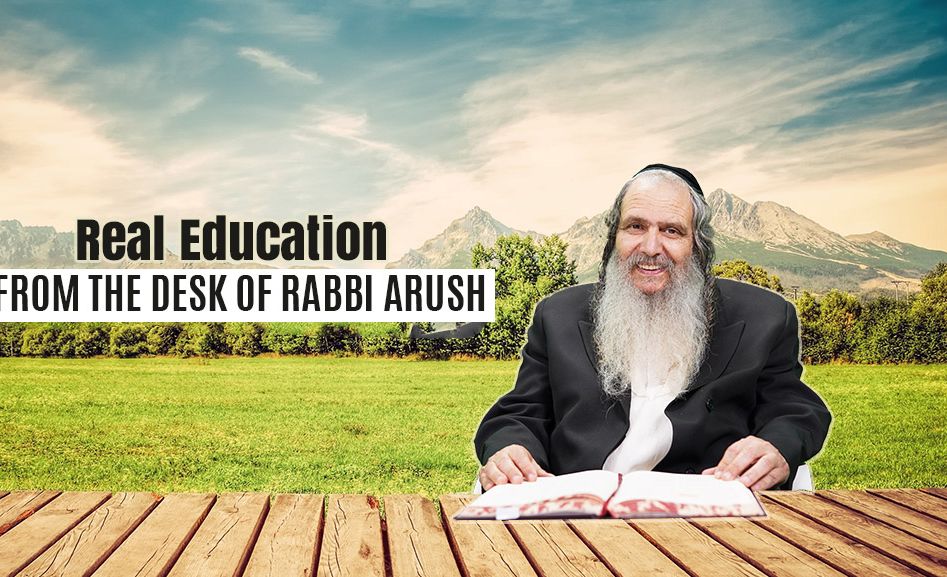
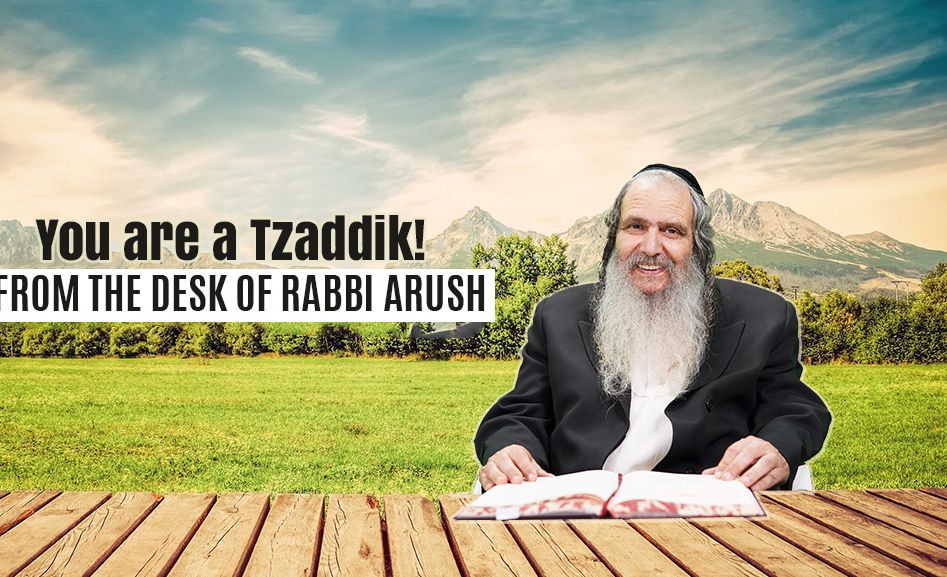
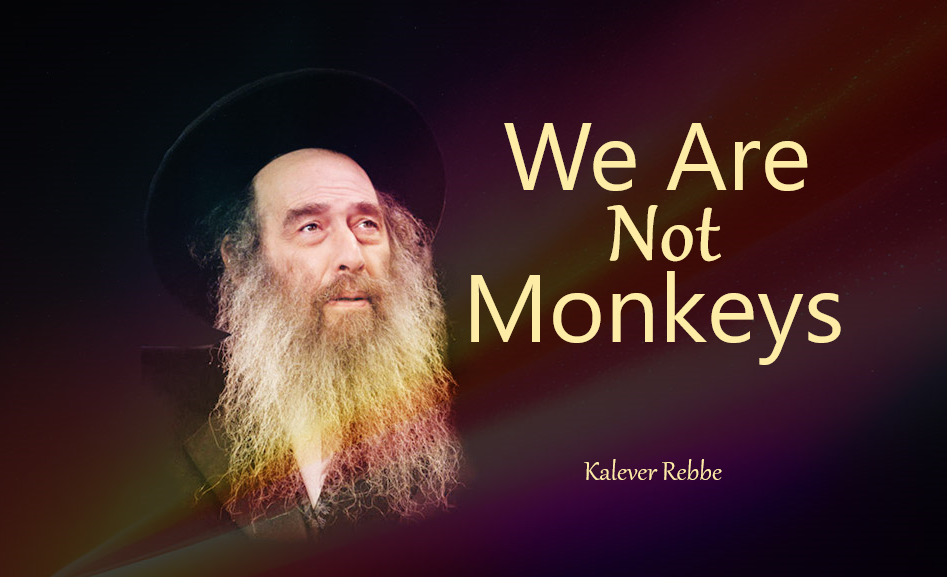
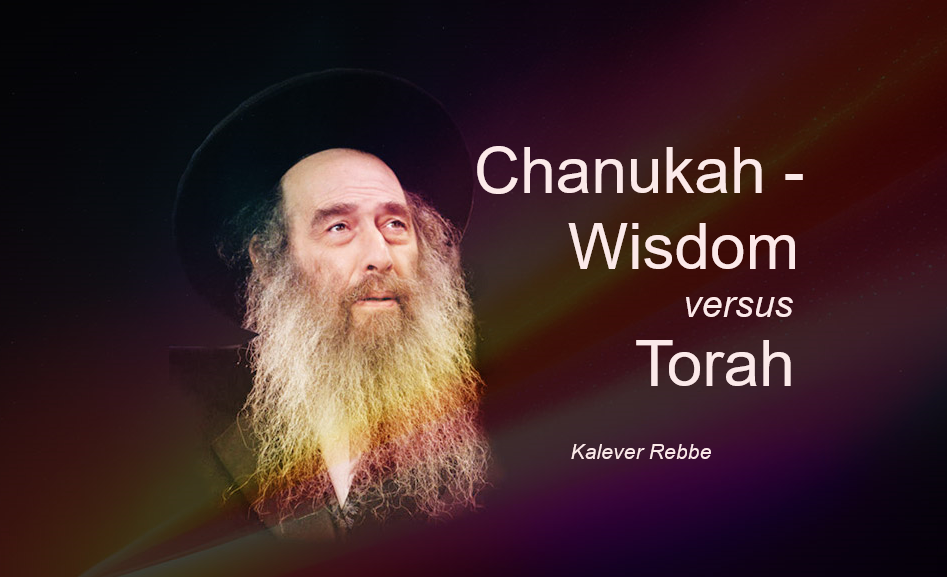


1/07/2019
I never knew about family purity laws
I was brought up very Reform. I never heard of family purity laws. Even when I married in Israel, I was just told to go to the mikvah before my wedding. I never received any instructions at all. And, my mikvah experience in Tel Aviv in 1975 was horrible. No compassion. I actually was afraid I would drown! It wasn't until 33 years after my divorce when I lost custody of my son, my only child that I learned about family purity laws. Being post menopause in my mid-60s, and married to my second husband that I went to the rabbi's wife at Chabad in Albuquerque, NM USA where she arranged for me a post menopause immersion. I read it's supposed to make up for all the years I never knew about it. My 1st husband turned out to be physically abusive and I lost custody of my son, my only child in exchange to receive my Get. Maybe Hashem was punishing me. But, I would gladly have raised my own son no matter how he behaved. He is secular Israeli living in Tel Aviv. He thinks I'm crazy for trying to become baala teshuva. My husband calls me a religious fanatic. But, BEH, I plan to return to live the rest of my life in Israel and enjoy my grandchildren if Hashem can convince my current husband to make aliyah. BH, my son and daughter in law have 3 lovely children. And, I hope to be zechus to be there for them.